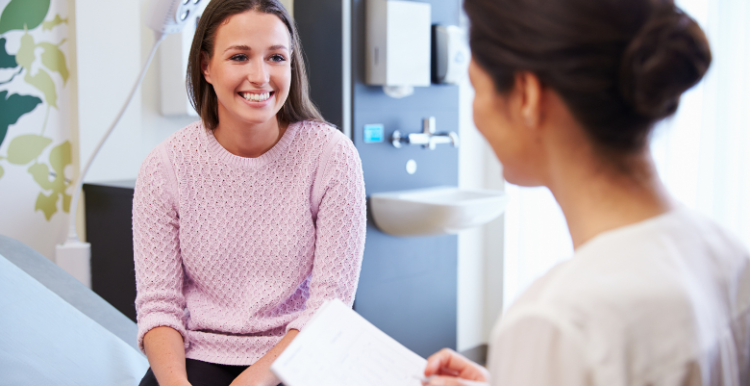Sexually Transmitted Infection Day 2025

Today is Sexually Transmitted Infection (STI) Awareness Day. It takes place early in January because many common STIs such as Chlamydia can take around two weeks to be detectable. If your festive season included unprotected sex, the NHS advises you to think about getting a free sexual health test now.
CNWL offer free and confidential sexual health services in London and Surrey. The service offers online testing kits that can be sent to the comfort of your own home quickly.
Visit CNWL’s Sexual health website or Sexual health London to order a kit.
How can I get tested?
You can order a home testing kit online or visit a clinic for a quick check up.
If you need to see a clinician because you have symptoms or are a contact of a sexually transmitted infection, please visit www.sexualhealth.cnwl.nhs.uk for more information on booking an appointment in one of CNWL’s sexual health clinics.
Regardless of how old you are; what your sexual orientation may be or how many partners you have had – just one unprotected sexual encounter could put you at risk of catching an STI.
Even if you feel perfectly healthy you could still have an STI and often getting routinely tested is the only way that people can detect an infection – the earlier they are tested and treated, the less chance there is of long-term complication. For example 70% of women and 50% of men show no symptoms whatsoever after contracting Chlamydia. Chlamydia is the most common STI condition in the UK. Left untreated it can cause pelvic inflammatory disease and even infertility.
Getting a sexual health check is easy and shouldn’t be embarrassing or shameful; sex is a normal part of our adult life, and STIs can be a part of it, so everybody is encouraged to test regularly and be in control of their sexual health. It’s a quick, simple process that not only puts your mind at rest but could protect you from more serious complications like infertility. Protect your sex life – and protect your partner.
If you live in Surrey, see the Surrey Sexual Health Team for more information.

